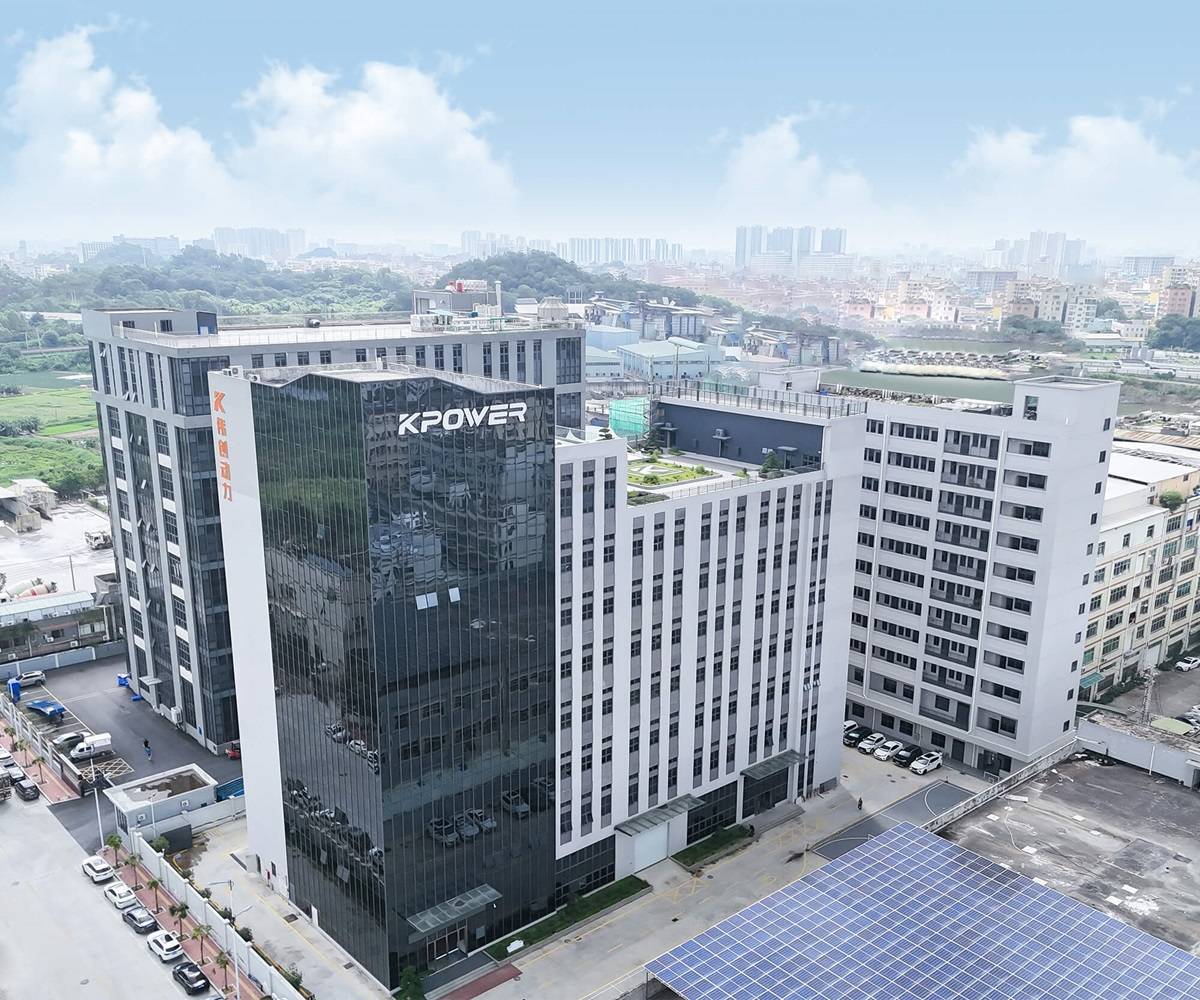Thinking about upgrading your machinery? Then, you’ve probably bumped into the term "servo motor" more than once. It’s like the heartbeat of modern automation, enabling precise movements and smooth control. But let’s get straight to the point—how much does a servo motor cost? It's a common question, and to be honest, the answer isn't as straightforward as buying a bag of chips.

First, remember, not all servo motors are created equal. The price depends heavily on factors like size, torque, speed, precision, and brand. For small-scale projects or hobbyist setups, you might find servo motors that sit comfortably in the $20 to $50 range. These are usually 12V or 24V small servos, perfect if you’re tinkering or building a robotic arm for fun.
Once you move into industrial territory, the costs climb noticeably. Heavy-duty servo motors capable of handling larger loads—say, in manufacturing lines or CNC machines—can range from $200 to over $1,000 per unit. The higher end often includes features like enhanced durability, better heat resistance, and more sophisticated control systems. For example, if you’re designing a robotic arm with high precision and stability, investing in a robust servo motor is often worth it, even if it’s at the upper price range.
Now, why does the price fluctuate so much? It’s about performance levels. A servo motor with a high torque rating and quick response can be more expensive because it needs better materials, tighter manufacturing tolerances, and sometimes, specialized control units. Think about it like buying a sports car versus a family sedan—both are vehicles, but the tech, speed, and comfort jump significantly with performance-oriented models.
You may wonder, is it worth paying extra? That depends. For something that needs fine control and smooth motion, high-end servo motors are a clear choice. But if your project is casual or experimental, a more affordable model might do just fine. Just keep in mind, cheaper motors sometimes sacrifice longevity or precision.
I’ve seen questions pop up like, “Will a cheaper servo work for my project?” It’s tempting to cut corners, but make sure the specs match your needs. If you’re pushing the servo to its limits or expecting long-term reliability, investing in a better model can save you headaches down the line.
Sometimes, the cost also includes additional components—like controllers, power supplies, or feedback devices—that ensure the whole system works seamlessly. So, looking at a servo motor as a standalone piece isn’t enough; it’s part of a bigger picture.
The bottom line? The cost varies widely based on what you want to do. For basic projects, a small, inexpensive servo might set you back around $25 to $50. For industrial tasks, prepare for a few hundred dollars, perhaps even more if precision and durability are key. It’s an investment—think about what you really need, and don’t forget, sometimes, a slightly higher upfront cost can mean a lot less frustration later.
In the end, the right servo motor is like a good partner—matching your needs and offering reliable support. If getting that balance right feels tricky, sometimes talking to folks who’ve been down that road helps. You want performance, you want value, and you want it to last. That’s what makes a smart purchase stand out.
Established in 2005, Kpower has been dedicated to a professional compact motion unit manufacturer, headquartered in Dongguan, Guangdong Province, China. Leveraging innovations in modular drive technology, Kpower integrates high-performance motors, precision reducers, and multi-protocol control systems to provide efficient and customized smart drive system solutions. Kpower has delivered professional drive system solutions to over 500 enterprise clients globally with products covering various fields such as Smart Home Systems, Automatic Electronics, Robotics, Precision Agriculture, Drones, and Industrial Automation.




































